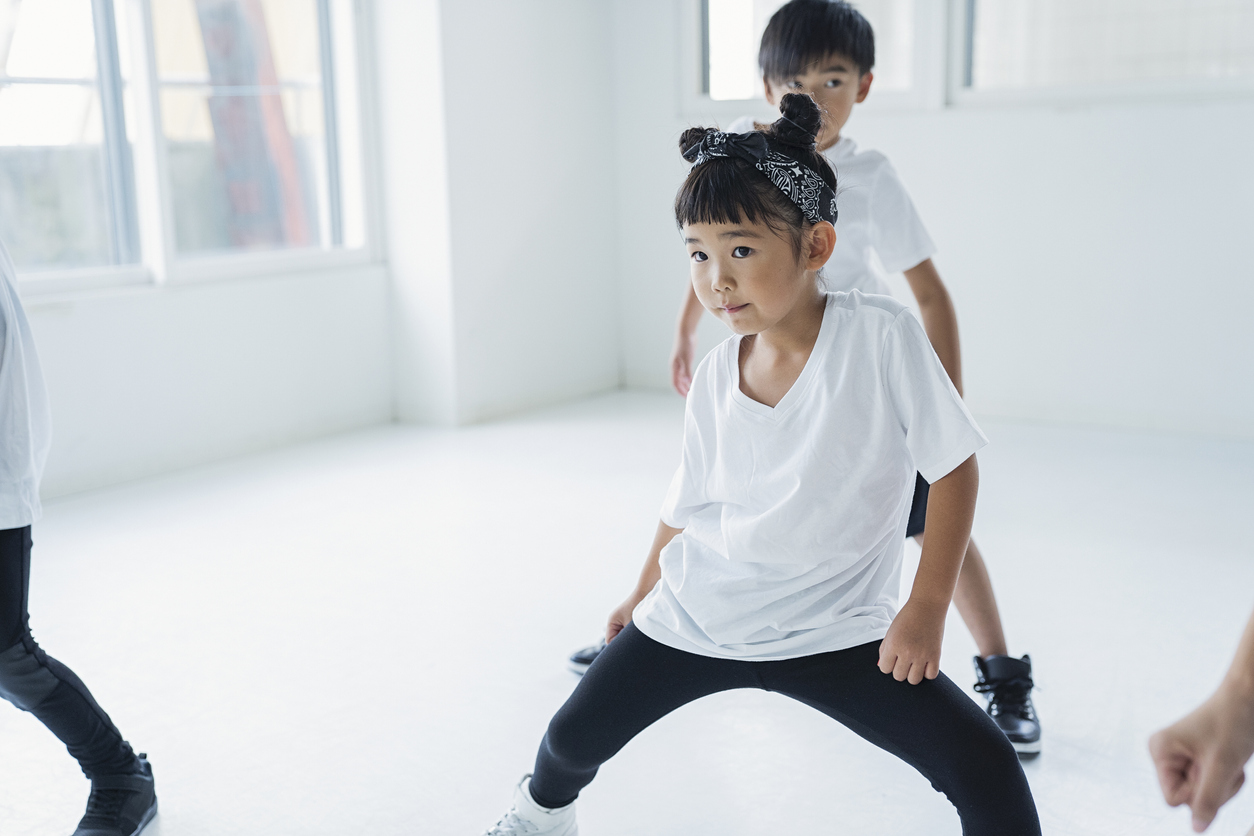Whether you’re just dipping your toes into the world of extracurricular activities with your young child, or you’re already practiced at juggling kid schedules and interests after-school, read on to learn about why and how extracurricular activities or naraigoto in Japanese can be a positive influence in your family’s life.
A gateway to Japanese society
Little kids need time to play and grow at their own pace. But they also need positive learning experiences that set them up for success in Japanese society. Indeed, here in Japan, the choice of whether to send your young kid to extracurriculars is not only considered from the point of view of individual family philosophies. Rather, it is viewed as an essential step to familiarizing children with living as part of larger Japanese society. Unlike bukatsu (club activities) or other extracurriculars run by preschools or elementary schools, naraigoto are activities in the private sector which are unrelated to children’s primary schooling.
So, for one thing, the kids in a naraigoto are not the same ones your child sees at school every day and they are all there (hopefully!) because of a shared interest which can foster friendships. They also learn persistence and perseverance in extracurriculars while navigating new teachers and other kids, much like the experiences of bukatsu awaiting them in late elementary school and beyond, or even the company teams and events of the adult world. Also, naraigoto can complement (pre)school curriculum by helping young children with their greetings, physical strength and flexibility, fine motor skills and/or concentration.
Choosing an activity
In the not-so-distant past in Japan, parents chose their kids’ naraigoto. Recently, however, other parents I spoke with as well as contemporary parenting books and websites that I consulted almost unanimously recommended letting your child guide the process. In other words, feel out if they are interested in participating in activities, and which they feel drawn to.

Of course, this is not to say that we should blindly sign them up for whatever strikes their fancy; little kids often change interests and predilections as they try out social roles for themselves. Also, three to seven year olds really can’t grasp the time and resource constraints that may factor into your decision-making. And so, in this balancing act, it’s important to be clear about your family’s situation as well as allowing your child room to explore.
Click here to read more.
- External Link
- https://savvytokyo.com/
 Take our user survey and make your voice heard.
Take our user survey and make your voice heard.















9 Comments
Login to comment
Derek Grebe
Or, alternatively, allow your children to join a club if they want to, or not steamroller them into a club if they aren't interested.
Bottom line is - keep the kids too exhausted to ask any questions, drill into them a sense of guilt if they're not doing something just because everyone else is doing it, instill a fear of being "different", and you'll soon grind that pesky individualism out of your own flesh and blood.
Then they can be a good, malleable little drone for Japan Inc. to utilise for 40 years and no boats will be rocked.
Colton Gipson
Glad to see someone else identifying the BS brainwashing disguised as self improvement.
The social norm of keeping kids at school til 6pm everyday and then throwing them in juku for another couple hours is just “getting them used to” the lifestyle of an overworked employee pressed 60 hours a week to do relatively insignificant job slowly and inefficiently.
And when the population continues to shrink because nobody from 15 to 50 has any time outside of their wage slave life to network or build a family, eventually they’ll bury their own country with this shortsighted approach on quality of life.
Chico3
Great article. I do believe that kids should should be allowed to join activites at their free will. At the same time, they should be taught not to quit at first sight of disliking an activity for the sake of it. Rather, They need to see activities as a form of self-development. My kids have tried many things from dancing, rollerblading, skiing, gardening, and learning the sax, for example. They should also learn time management skills and prioritization of fun and school balance.
Seigi
After school clubs or activities are good excuses for parents who don't want to spend more time with their kids.
Chabbawanga
I heard eikaiwa is so popular because its the cheapest place to leave your kids for an hour.
Sanjinosebleed
More Juku….less play…..
Poor little munchkins!
mikeylikesit
Naraigoto are fine, but I pity the kids who do calligraphy on Monday, swimming on Tuesday, English on Wednesday, abacus on Thursday, piano on Friday, and soccer on Saturday.
There are far too many kids who are scheduled with lessons of some kind or another four, five, or even six days a week. The most important naraigoto for any child is free playtime and occasional boredom.
Strangerland
This is a difficult one. While I don't like seeing kids so busy they never have time to just relax, I also see what is happening here in Canada with the kids having so much free time they often get into trouble. Japanese kids don't have time to do drugs.